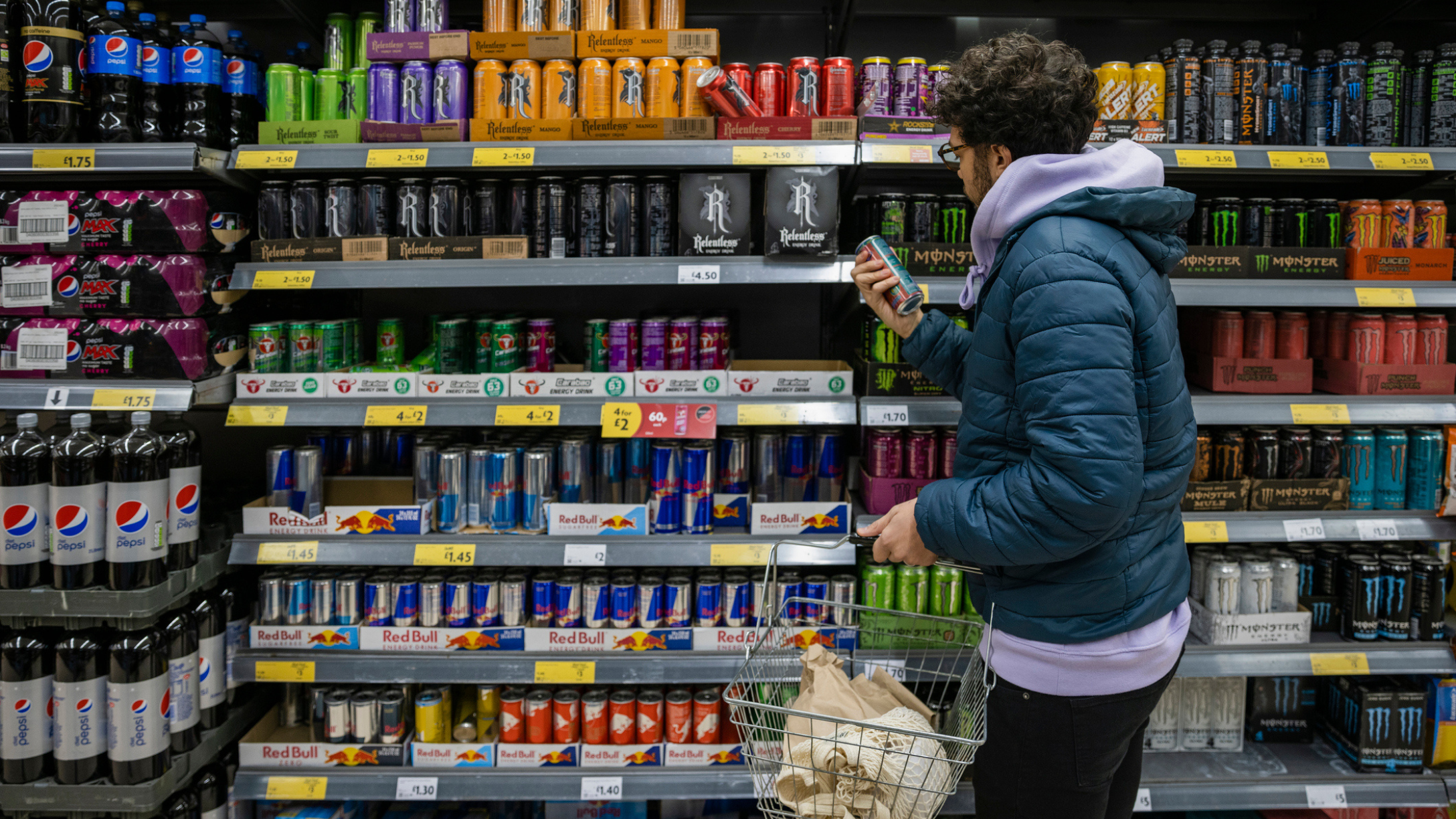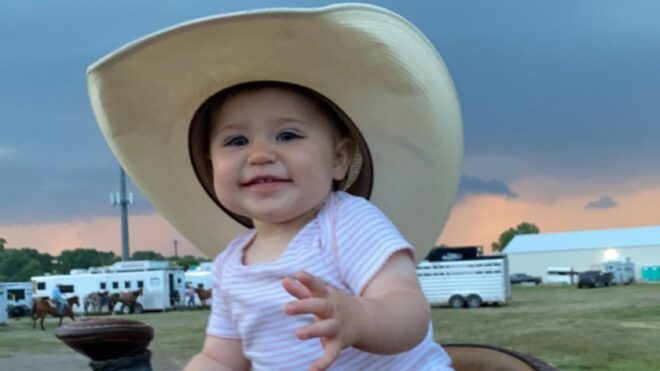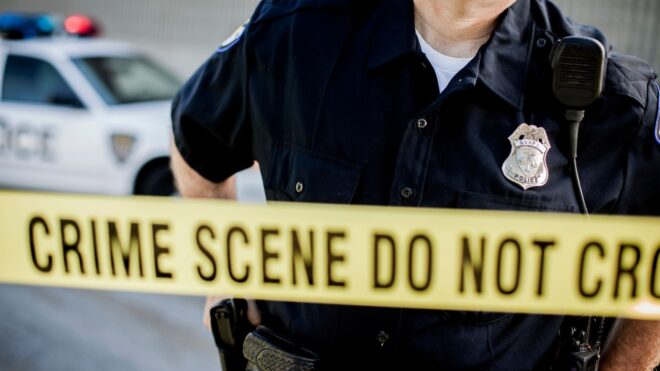
A trendy energy drink has been banned on the campus of some schools in response to its rising popularity among children after the brand aired a commercial featuring social media influencers during the Super Bowl in February.
Prime energy drink is the official beverage for the UFC and reportedly has a higher caffeine content than energy drinks by other brands such as Monster, per the Daily Meal. Doctors are also not recommending the brand’s energy drink for young people, according to Chronicle Live.
More from CafeMom: Coco Austin's Pic of Chanel With an Energy Drink Backfires
The energy drink brand has gained popularity in the past couple of months.
The popularity of the drink could have something to do with its celebrity endorsements as seen in Prime Energy’s Super Bowl video ad. The video featured the WWE boxer and YouTuber Logan Paul and KSI, also a boxer/YouTuber and rapper seen in the video, along with teens and young people chanting, “We want Prime!” Since the Super Bowl commercial aired, it has been difficult to find the drink in stores, per Yahoo! News.
Compared to other brands, Prime has a significantly higher amount of caffeine.
A normal-sized cup of coffee has about 100 mg of caffeine while caffeinated soda has about 25 mg and brands such as Redbull and Monster 40 to 250 mg of caffeine, according to Columbia University Irving Medical Center. According to the Prime Energy website, each 12-ounce can contains 200 mg of caffeine.
“Energy drink companies do not have to have FDA approval,” said licensed and registered dietician Kellie Westercamp, according to Yahoo! News.
The Prime drink has been banned in some schools across Europe because of concerns about its contents.
Medical professionals do not recommend the drink for young people.
According to Columbia pediatrician Dr. David Bucholz, “Caffeine-containing foods and beverages can have effects on the body and mind that interfere with every aspect of what children need to thrive," per Columbia University Irving Medical Center. “There is no known safe amount of caffeine for anyone age 11 and younger."
Caffeine even in small doses — let alone large ones — can have negative effects on young children and adolescents still developing mentally and physically. Though short term it may not seem like a huge issue, there can be long-term consequences, doctors warn.
“Kids are smaller than adults and it takes much less caffeine to cause adverse effects on their bodies," Bucholz said. "Short-term effects can ruin a day but over time they can cause disruption in important relationships and in, extreme examples, school failure."
More from CafeMom:What Every Parent Needs To Know About the 'TikTok Ban' & 1-Hour Limit for Kids & Teens
The energy drink brand has caused controversy on TikTok.
A TikTok user who goes by "Wakey Whines" was banned from the platform after posting a video advertising cans of the energy drink he was selling for 100£ each, per the Daily Mail. Several influencers also have taken to sharing about the energy drink on TikTok.
Brett Westover @brettwestover shared a video about Prime that has been viewed over 1 million times. His video is a personal review of the drink, which he gave “8 out of 10.”
“If you're gonna drink an energy drink make sure you check what’s inside it, how much caffeine is in there, and how much sugar is in there and really think about using water instead,” warns @talkingwithdocs in a video that has been viewed more than 20,000 times. The account is run by two orthopedic surgeons.



